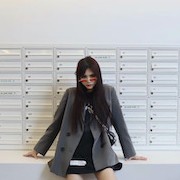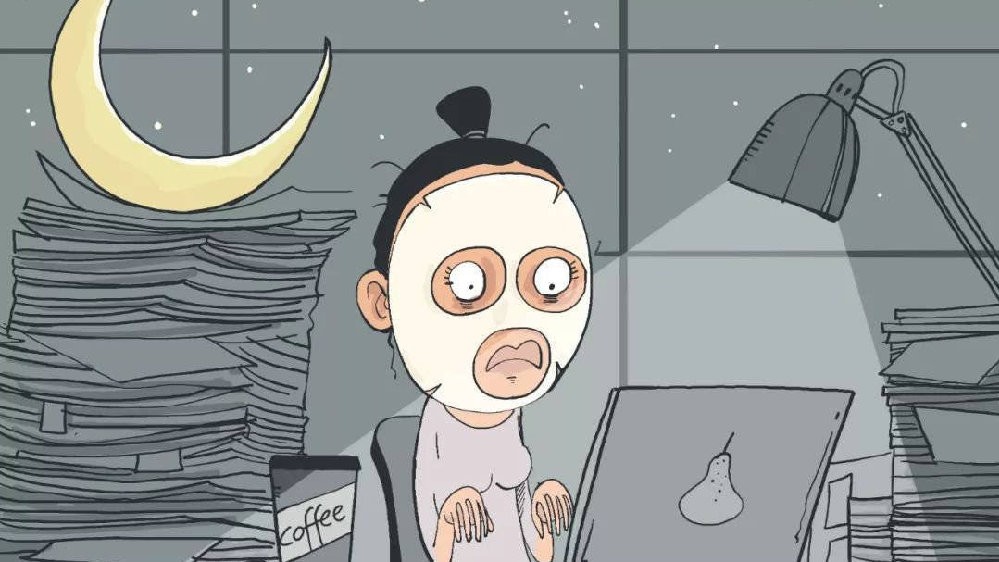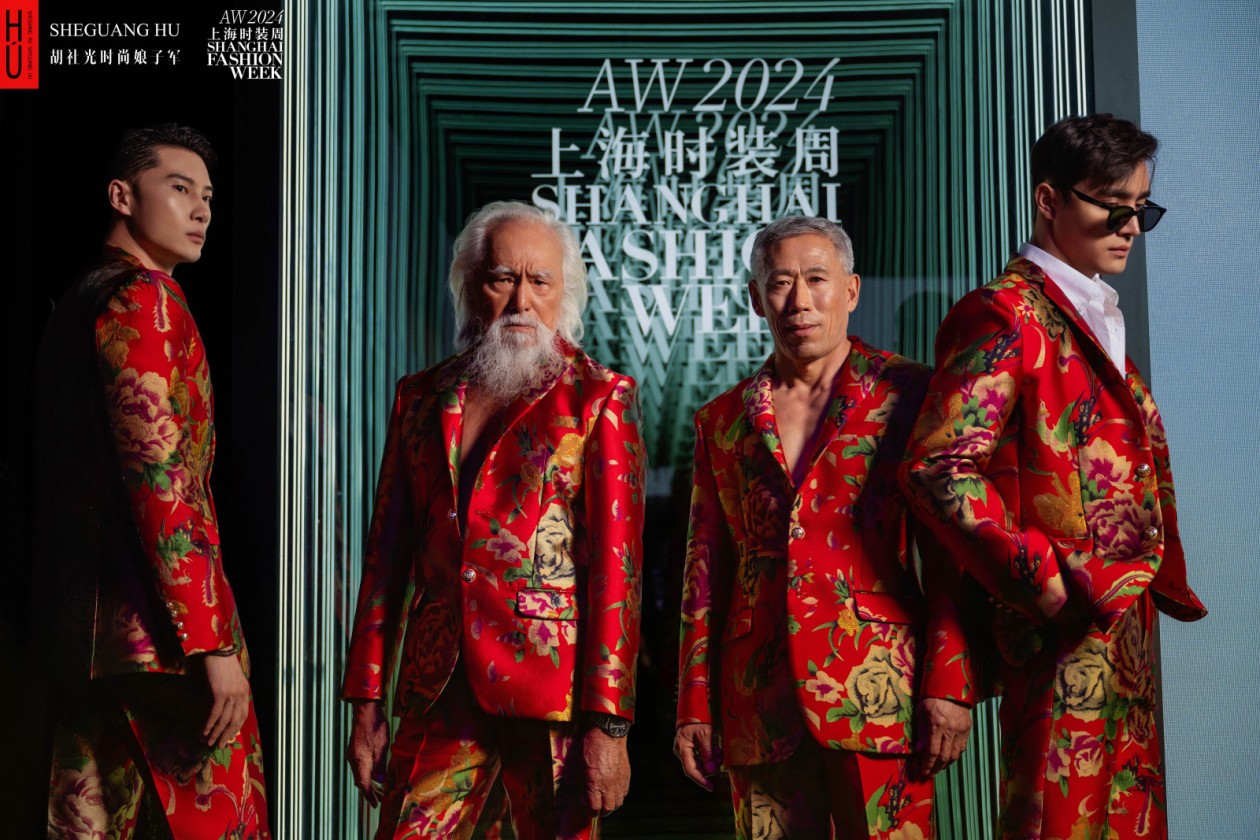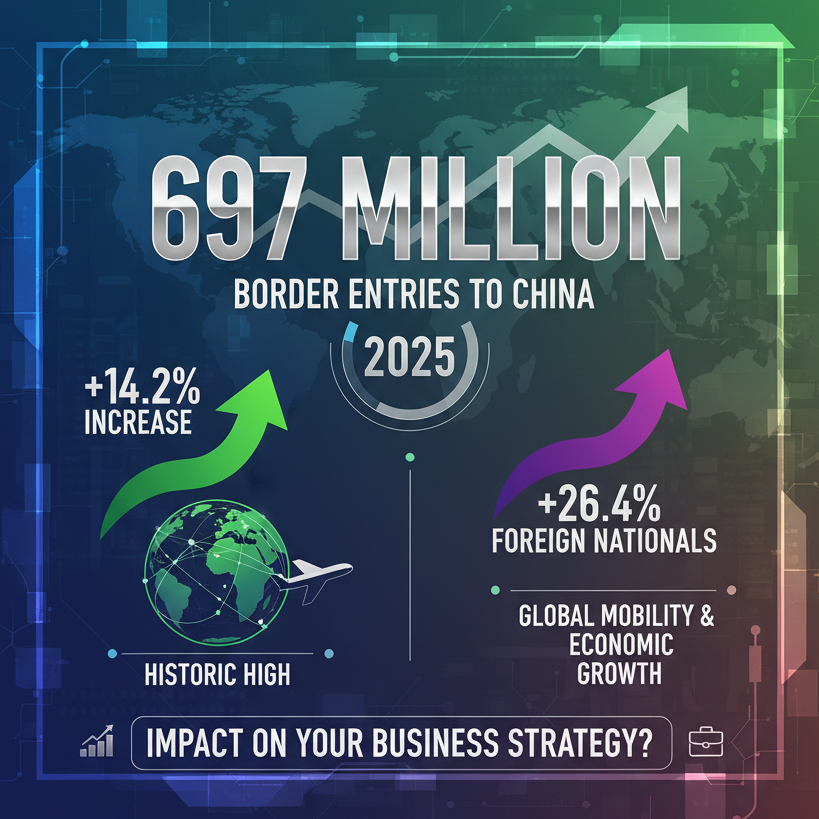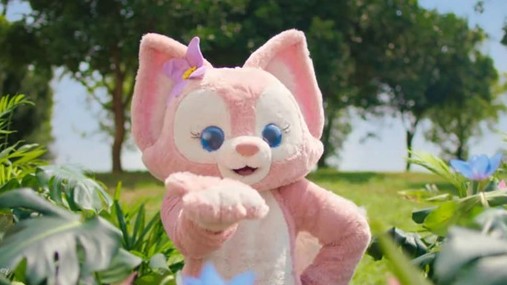
When the younger generation began to release their consumption potential and gradually became the main force in the consumer field, their admiration for individuality and pursuit of self led to the emergence of many new trends in society. Their hobbies and social habits have led to the emergence of various new economic formats. To capture the clickbait and make the products win the favour of young consumers, It is very important to understand new economic terms.
Cute economy, Single economy, Anti-social economy … How to win the hearts of young consumers?
Cute Economy: "Cute" is Sold in This Way
Recently, toys of Shanghai Disney's little fox LinaBell is speculated to be overpriced. Behind this unreasonable phenomenon, it is the huge influence of the cute economy. From mobile phone cases to snack packaging and daily necessities, many commodities are attracting attention by their cute appearances. The cute economy has quietly risen and become a new economic format.The cute economy originated in Japan and takes the form of peripheral products or services that extend from the Japanese ACG industry. With the popularity of Japanese anime among Chinese young people, the cute economy began to become an emerging economic phenomenon in China. Basically, cute economy refers to an economic behaviour that uses lovely products to satisfy consumers' desire of pursuing and appreciating cute things as the main selling point or value-added point.
In China, the best use of the "cute economy" is the cultural and creative products of museums. From the Henan Museum to the Palace Museum to the Dunhuang Museum, museum creations no longer look so formal but have launched their own cute IPs. During the Double 11 Shopping Festival in 2021, museum creations became an unexpected winner, with their sales surging by over 400% on the first day of Double 11. Products with cute appearances are especially popular with young consumers. A university student says that when shopping, she cared more about the appearance of the goods than their cost-effectiveness.
There are multiple motivations behind people's willingness to pay for cute things. Psychologists believe that cute anime images and pets play an emotional role, they fill the emotional void for the younger generation. Although social means are highly developed nowadays, more people prefer to stay in a comfortable space of their own. A suitable cute item can undoubtedly enhance the sense of comfort and fashion in a space, which is an important reason why cute products have a market.
However, while the variety of cute products available on the market looks adorable and tempting, many of them are counterfeit. At the same time, explosive products such as LinaBell are very easy to trigger hunger marketing.
Single Economy: Finding Happiness for Myself
"Seeing if there is a single set meal when ordering takeout, checking if there is a single seat when going to restaurants, when you are buying food and small household appliances, you also choose those according to one person as you don't want to be wasteful." Miss. Lou, a single post-90 girl who works in Hangzhou, suggests that shopping alone has become her lifestyle.According to statistics, there are more than 200 million single people in China, and such a huge crowd has given rise to the single economy.
As the industry most related to life, the food service industry is seeing new business opportunities. Increasingly, restaurants offer comfortable dining environments for single diners. In one restaurant in Harbin, there is a quiet single bar space by the window, as well as a single set menu. At the same time, one-person hot pots, small portion takeaways, 100g bags of rice, small 200ml bottles of wine, small packages of pre-cooked or semi-finished ingredients, 400ml soya milk makers and small-capacity rice cookers, and other products suitable for singles living alone are offered offline. According to an enterprise development data report, the single economy has become the most popular economy, with a trillion-dollar market emerging.
However, some singles also show their need for pets to alleviate loneliness, help them pass the time, and provide companionship. One single person working in Beijing said that he buys his dog new clothes, new toys, and good quality dog food every month, and takes his dog for bathing and grooming every two weeks on average. Another huge beneficiary behind the single economy is the pet market, with pet supplies and food, and an industry chain that includes pet medical care, grooming, and training, all revitalised by the impact of the single economy.
Data shows that there are currently 1.154 million pet supply-related enterprises in China. In the third quarter of 2021, the number of registered pet supply-related enterprises was 205,000, with an average growth rate of 95.5% in the past two years.
Experts point out that the rise of the single economy reflects the great changes in China's social structure and social psychology, and also indicates the huge space for upgrading the consumption format and expanding the consumption space.
Anti-Social Economy: A New Business that Refuses to Socialize
Although social phobia still needs professional diagnosis, more young people are willing to regard "anti-social" as a distinctive identity label now. Blue, a 19-year-old girl, thinks that playing with mobile phones at home is much better than socializing with unfamiliar friends. In the younger generation, social interactions are considered too tiring and complex, and they prefer a relaxed, free, relatively private, and non-social consumption environment. In this context, many businesses have found new consumption points, using "technology" to provide more possibilities for the anti-social economy.The coverage of online services provides more possibilities to refuse social interaction, and some offline consumption scenarios also pay more attention to enhancing "boundary". For example, some taxi apps can ask drivers to stop chatting, while unmanned hotels and restaurants start to appear.
Anti-social groups prefer convenient, relaxed, efficient, free, and private consumption scenarios. Zhan Li is the head of China's first unmanned hotel Leyeju. He suggests that the hotel has gained a large number of young customers by being "unmanned", and remained profitable even during Covid-19. A college student once stayed in Leyeju for more than 40 days, as "when I stay here, I can play games, read books or sleep without being disturbed".
However, anti-social groups are not completely resistant to socializing, some of them are even willing to socialize, but when socializing, they are dominated by negative emotions of fear and worry. The key to an anti-social economy, according to an expert, is not to help consumers avoid socializing, but rather to find the needs behind anti-social groups, so as to alleviate anxiety through socially friendly consumption. Often, young people are independent when shopping, and they dislike enthusiastic sales pitches. Therefore, some businesses need to consider how they can offer them services at an appropriate distance.


